
Chinese buyers re-emerge for US coking coal
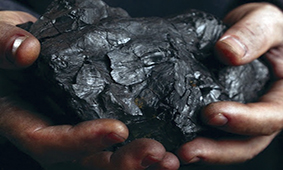
Although buyers can begin applying for tariff exemptions on US coking coal cargoes at the start of next week, some time is still required for the exemptions to be approved by China's finance ministry, market participants said.
A cargo of US hard coking coal was sold to a Chinese trading firm at around a mid-$150/t cfr China level this week, while another similar cargo was sold to a Chinese steel producer at a slightly lower price. These prices are also possibly inclusive of the original 3pc tax that was levied on US coal imports before the escalation of the US-China trade war.
These prices are nearly on par with the Argus tier-two hard coking coal index on a cfr China basis, last assessed at $154.50/t cfr, a sign of potentially mounting interest from Chinese buyers to buy US coking coal again after China imposed retaliatory tariffs on US coal in 2018.
"Buyers should have some confidence to buy US coal even before their tariff exemption is lifted, as the seller is usually the one who pays the additional 27.5pc tariff," a Beijing-based trader said. "Once the buyer's application is approved, the additional tariff will then be returned to the seller."
Other buyers are more hesitant. "We have not decided if we are applying for the tariff exemption yet," a US coking coal buyer in north China said. "We will observe what happens with these few cargoes that have already been sold before we make a decision."
But the difficulty of getting imported coal discharged at China's ports has dampened the interest of many buyers.
"Traders who have booked Australian coking coal are now struggling to get them discharged and landed at Jingtang port," a Chinese coke producer said. "Even some end-users like coal wash plants have been having trouble doing the same."
A steel mill recently managed to get secure customs clearance for an imported coking coal cargo at Jingtang port. But it first had to go through a very complicated process to confirm the allowed volume with customs authorities, the coke producer said.
"As long as it is imported coal, whether US or Australian, it will not be easy to pass customs declarations at this point," the coke producer said.
Although US coal only accounted for at most 7-8pc of China's total monthly coking coal imports before the trade war, it is an important alternative source for many Chinese buyers, particularly for steel producers lowering the ash content in their blends. This allows for steel producers to use a higher percentage of cheaper and more readily available Chinese domestic coal.
By Rou Urn Lee


Gold price eases after Trump downplays clash with Fed chair Powell

Copper price hits new record as tariff deadline looms
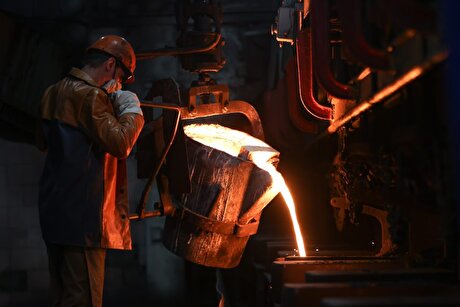
Brazil producers look to halt pig iron output as US tariff threat crimps demand
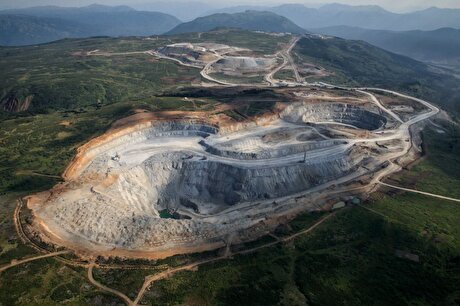
Three workers rescued after 60 hours trapped in Canada mine

Gold price could hit $4,000 by year-end, says Fidelity
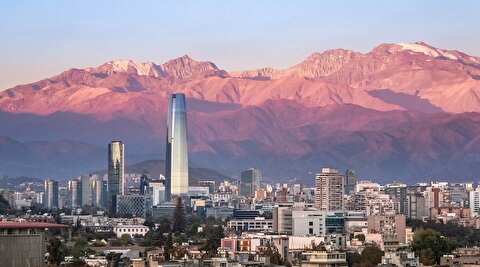
Chile’s 2025 vote puts mining sector’s future on the line

US targets mine waste to boost local critical minerals supply
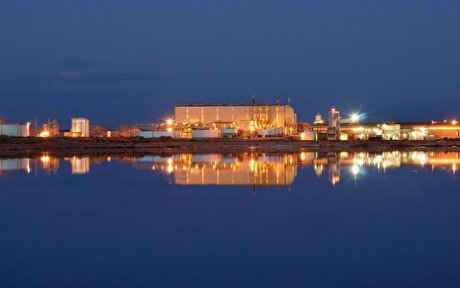
Energy Fuels surges to 3-year high as it begins heavy rare earth production
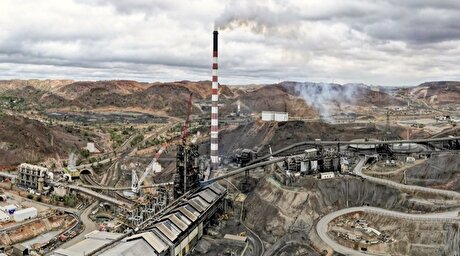
Glencore workers brace for layoffs on looming Mount Isa shutdown
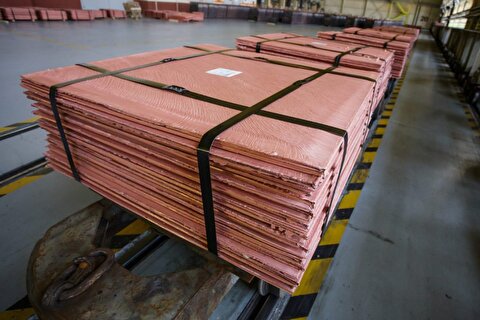
Trump tariff surprise triggers implosion of massive copper trade

Maxus expands land holdings at Quarry antimony project in British Columbia

BHP, Vale accused of ‘cheating’ UK law firm out of $1.7 billion in fees
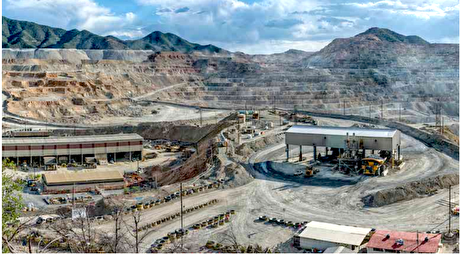
Southern Copper eyes $10.2B Mexico investment pending talks
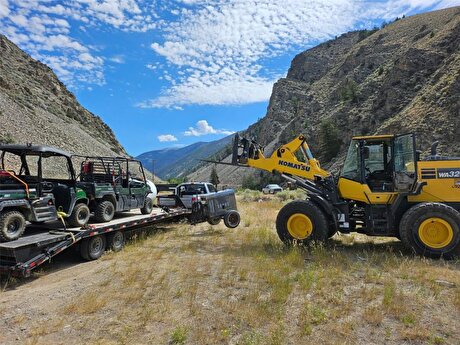
American Tungsten gets site remediation plan approved for Ima mine in Idaho

Kinross divests entire 12% stake in Yukon-focused White Gold

Gold price could hit $4,000 by year-end, says Fidelity

Southern Copper expects turmoil from US-China trade war to hit copper

Ramaco Resources secures five year permit for Brook rare earth mine in Wyoming

Column: EU’s pledge for $250 billion of US energy imports is delusional

Trump tariff surprise triggers implosion of massive copper trade

Maxus expands land holdings at Quarry antimony project in British Columbia

BHP, Vale accused of ‘cheating’ UK law firm out of $1.7 billion in fees

Southern Copper eyes $10.2B Mexico investment pending talks

American Tungsten gets site remediation plan approved for Ima mine in Idaho

Kinross divests entire 12% stake in Yukon-focused White Gold

Gold price could hit $4,000 by year-end, says Fidelity

Southern Copper expects turmoil from US-China trade war to hit copper

Ramaco Resources secures five year permit for Brook rare earth mine in Wyoming














